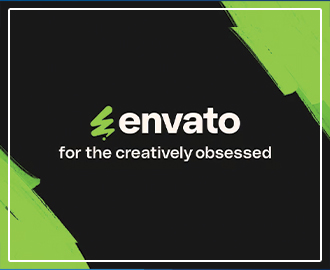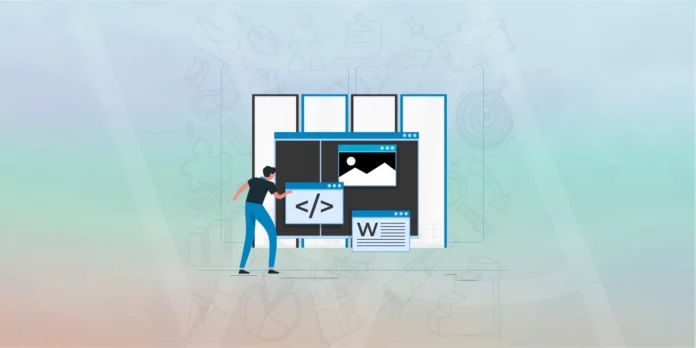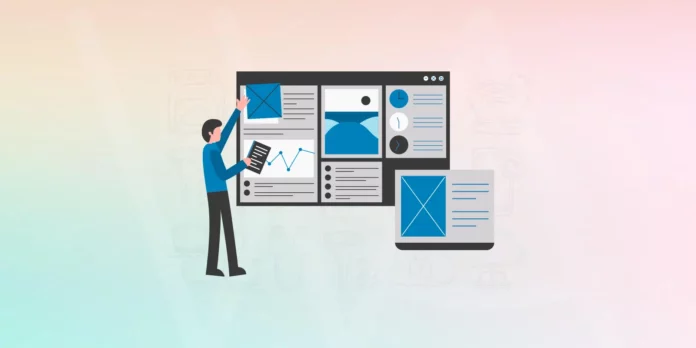The WordPress hooks database, which was created and is supported by Adam Brown, is the essential resource for discovering hooks in WordPress. Adam R Brown built a system that digs through all WordPress core files and extracts every action and filter hook that exists in WordPress. He has been indexing these values since WordPress 1.2.1 and updates the hooks database with each new major version of WordPress. (Professional WordPress Plugin Development)
One of the best features of the hooks database is you can view all new hooks added in each version of WordPress. As a plugin developer, hooks are one of the most powerful features that you can use when creating plugins in WordPress. Clicking any hook name produces a hook detail screen showing where the hook is defined in the WordPress core code. To visit the hooks database visit:
Essential Guides and Resources for Plugin Developers:
What makes WordPress so popular is that it’s free, open source, and extendable beyond limits. Thanks to a powerful, architecturally sound, and easy-to-use plugin system, you can customize how WordPress works and extend its functionalities. There are already more than ten thousand plugins freely available in the official plugin repository, but they won’t suit all your needs or client requests.
WordPress plugin development requires a little bit of personal initiative. Get ready to jump in and teach yourself. But where should you start? I have prepared a list of most essential resources for those who are new to writing plugins.
Creating a Custom WordPress Plugin From Scratch
This tutorial is extremely thorough, beginning with the file structure of a plugin. It walks you through integrating it with actions run by its frame and creating a configuration panel for site administrators. Download the source code and follow along as you build a simple plugin.
Free e-Book: How to Write a WordPress Plugin
Very Useful ebook for WordPress plugin developers. This twelve part series illustrates the process from creation of a plugin, right through to promoting it. Well worth working through if you have the time!
How to Build a WordPress Plugin
In this tutorial, you will build a dashboard widget for active plugins, which is a great starting point for learning how to interact with WordPress actions and filters. This tutorial is very much a hands-on experience for building plugins. It’s very well-illustrated and will walk you through each step.
WordPress Hook Sniffer

WordPress Hook Sniffer is a plugin for plugin developers that helps determine the sequence in which action and filter functions are fired. This tool will save you tons of time once you have a decent understanding of action and filter functions.
WordPress Hooks, Barbs, and Snags
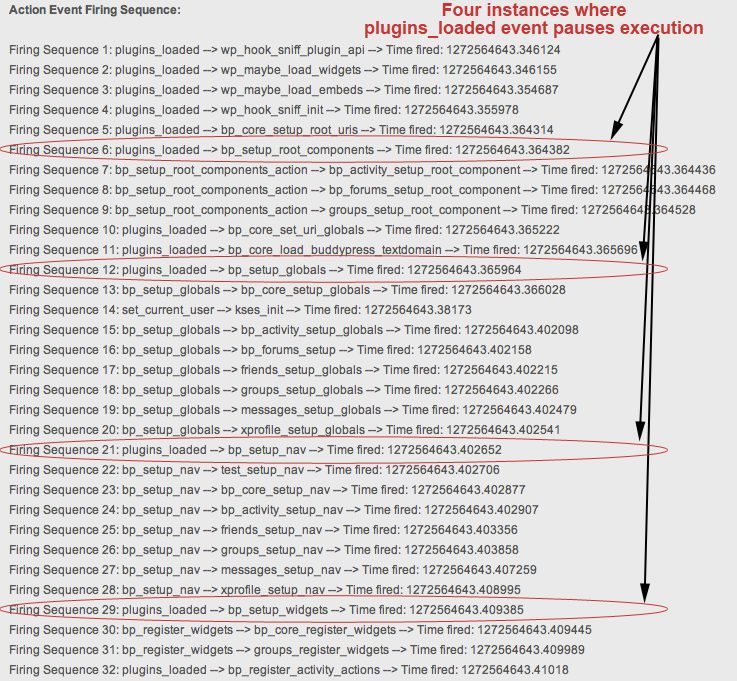
This tutorial was written by Jeff Jayre, the developer of the WordPress Hook Sniffer. It will help you learn how to interpret the output from the Hook Sniffer so that you can use it more efficiently in plugin development.
View Tutorial
Create a Universal Slider Manager in WordPress
In this video tutorial you will be learning how to create a very basic slider manager in WordPress. You can use the technique that you will learn from this tutorial to create more powerful slider managers for your WordPress themes or even plugins as I did for both of my themes on ThemeForest Space & Xero. Enjoy!
phpxref
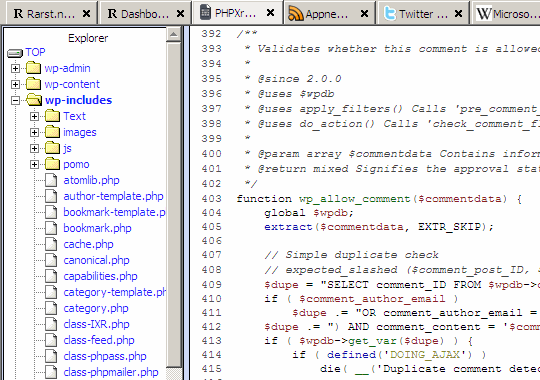
phpxref is a resource based on the WordPress trunk. It’s hosted by one of the lead developers for WordPress and is updated every night. Each file included in the trunk has a basic explanation of what it does and will help you to track down how things get executed and called.
A Crash Course in WordPress Plugin Development
This tutorial includes a screencast, source code, and a step-by-step guide for creating your first WordPress plugin. It’s very easy to follow and an excellent resource for beginners.
Advanced and Hidden WordPress APIs by Andrew Nacin
This resource is a collection of the slides from Andrew Nacin’s WordCamp Mid-Atlantic presentation on advanced WordPress APIs. The article links to all of the resources that he recommends in the presentation. You’ll find this resource to be more valuable after you’ve already completed some beginner tutorials.
Writing a Plugin – WordPress Codex
The WordPress Codex will always be one of the best resources you have for learning about plugin development. This page will help you to become acquainted with the standard plugin information, licensing, and the basics for programming your plugin. You’ll also find many links to more helpful information that expands upon the each section.
Top 10 Most Common Coding Mistakes in WordPress Plugins
This is an excellent article by Ozh that will help you to avoid many of the common pitfalls. If you have already been developing plugins or if you simply want to avoid starting any annoying habits, be sure to check out this article.
How To Design And Style Your WordPress Plugin Admin Panel
An advanced tutorial on how to style your WordPress plugin settings panel.
Create a Plugin with its Own Custom Database Table
A tutorial covering the creation of a plugin which has its own database table. Follow this tutorial if you want to learn how to validate a database table if your plugin is writing entries to it.
Your First WordPress Plugin
This screencast shows you how to make a very simple plugin which will replace foo with bar. A beginner’s guide from Mark Jaquith, who is a core developer for WordPress.
WordPress Plugin API
The WordPress codex offers a great introduction to Hooks, Actions and Filters. Read this guide after reading the Writing a Plugin section. This is the official documentation of the API (Application Programming Interface) hooks available to WordPress plugin developers.
Digging Into WordPress
There is much to learn about the World’s most popular publishing platform. Digging into WordPress is nearly 450 pages of taking you from your first steps of learning about WordPress all the way through maintaining a site throughout the years.
Rockstar WordPress Designer
Theme Like a Professional!
Managing web content has always been tricky, but with WordPress, any web designer can have a flexible, free and powerful CMS to use not just on blogging projects, but on all sorts of websites. In How To Be a Rockstar WordPress Designer you will learn step by step how to take a straight HTML site and power it with WordPress.

